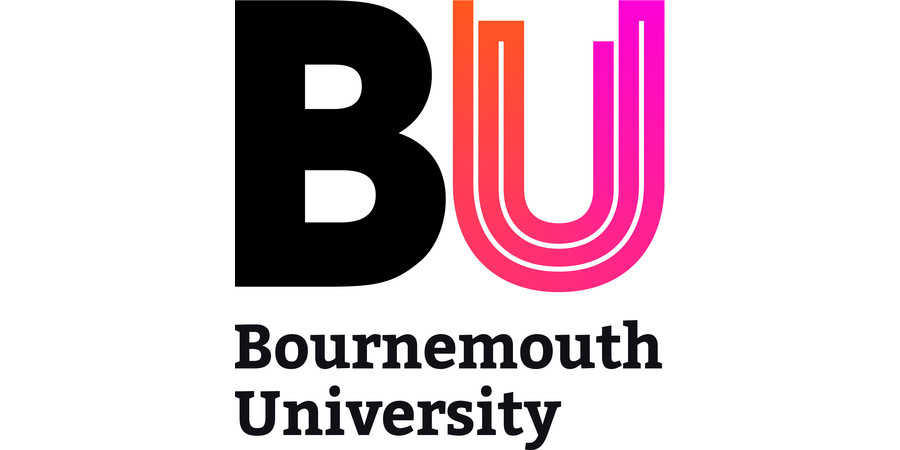Post-Doctoral Research Fellow in LCMS
Bournemouth University - Department of Life and Environmental Sciences
| Location: | Bournemouth |
|---|---|
| Salary: | £32,982 to £38,205 per annum (pro rata) with progression opportunities to £41,732 pa |
| Hours: | Full Time |
| Contract Type: | Fixed-Term/Contract |
| Placed On: | 9th October 2024 |
|---|---|
| Closes: | 30th October 2024 |
| Job Ref: | 229 |
About the role
The Department of Life and Environmental Sciences is leading the project ‘Resolving the extinction crisis: sustainable and technological solutions for biodiversity and society’, which also involves other researchers across BU and external partners. Within the project, we are seeking to appoint to appoint a talented, enthusiastic and motivated Post-Doctoral Research Fellow (PDRF) in analytical chemistry (applied to measuring physiological stress responses in animals using LCMS), who will work alongside three other PDRF positions that cover a range of other technical disciplines. The appointment will be made at Grade 6 of the Bournemouth University pay scale, based on research experience and track record.
You will be highly competent in quantitative, targeted LCMS analysis. Your expertise should include a range of relevant sample preparation techniques and LCMS method development. You will be able to demonstrate experience of designing and conducting validation experiments, and the calibration and maintenance of LCMS systems. Experience in untargeted HRMS analysis using LC-QTOF systems is desirable. You will be expected to analyse complex data sets using appropriate methods to a standard appropriate for publication.
Applications with mass spectrometry experience related to animal physiology and measurement of chronic physiological stress responses would be particularly welcome.
For further and informal discussions, please contact:
Principal Investigator of the project, Professor Robert Britton (rbritton@bournemouth.ac.uk);
and technical lead on the Analytical Chemistry, Dr Richard Paul (rpaul@bournemouth.ac.uk),
both at the Department of Life and Environmental Sciences.
About the department
Our vibrant Faculty of Science & Technology encompasses a wide range of disciplines across six departments: Archaeology & Anthropology, Computing & Informatics, Creative Technology, Design & Engineering, Life & Environmental Sciences, and Psychology. The breadth of subject areas means our cutting-edge research is delivering real benefits to the environment, our economy, health and improving cyber security. Our staff are given the opportunity to travel the world to contribute their expertise to expeditions and projects being led by other academic institutions and private organisations, as well as taking the lead on their own research projects, is helping us to understand our past, protect and preserve our environment for the future and support creative and digital industries to grow and develop.
About us
Bournemouth University’s vision is worldwide recognition as a leading university for inspiring learning, advancing knowledge and enriching society through the fusion of education, research and practice. Our highly skilled and creative workforce is comprised of individuals drawn from a broad cross section of the globe, who reflect a variety of backgrounds, talents, perspectives and experiences that help to build our global learning community.
BU values and is committed to an inclusive working environment. We seek a diverse community through attracting, developing and retaining staff from different backgrounds to contribute to inspirational learning, advancing knowledge and enriching society. To support and enable our staff to achieve a balance between work and their personal lives, we will also consider proposals for flexible working or job share arrangements.
A job description for this position is available at the top of this page.
If you require this in a different format, please contact us at:
Advert information
Type / Role:
Subject Area(s):
Location(s):









